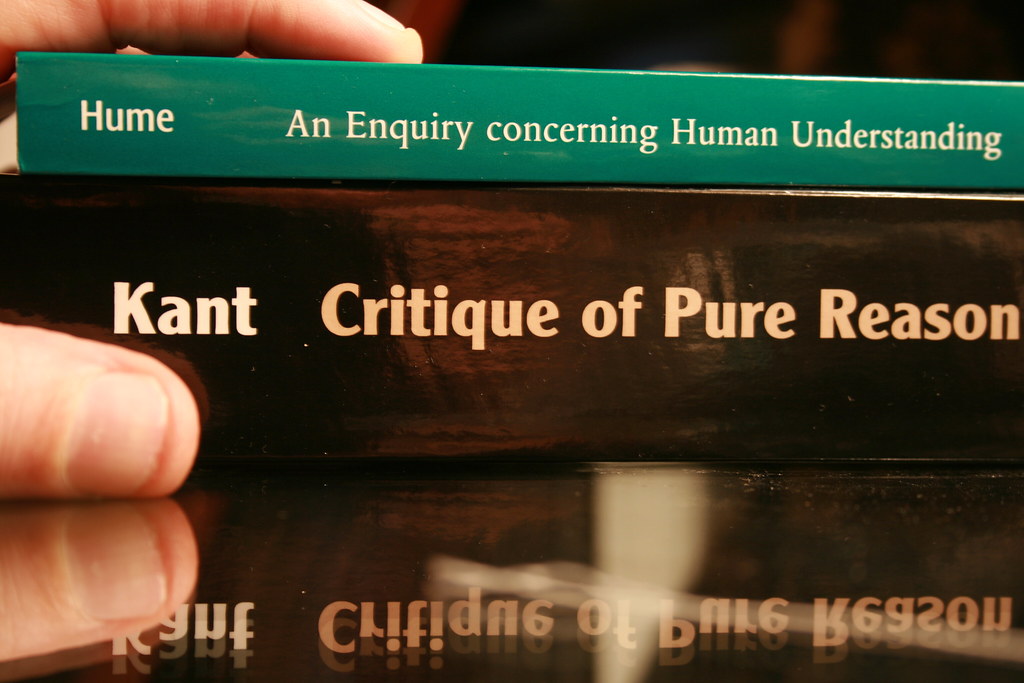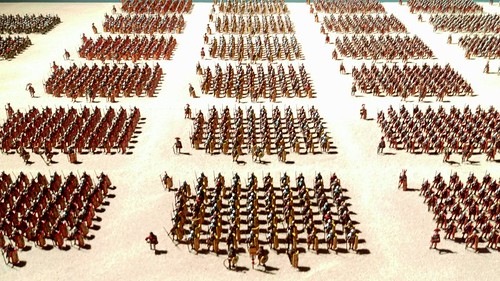
Cari lettori di Scuola Filosofica,
E’ con mio infinito piacere invitarti a far parte del Scuola Filosofica World! Da oggi potete fare domanda per iscrivervi alla nostra associazione culturale, Azione Filosofica. Scriveteci alla email: scuolafilosofica_at_gmail.com per avere il modulo di richiesta di iscrizione e della privacy. Vi daremo l’IBAN su cui potrete fare il versamento: 40 euro annuali per lavoratori mentre 20 per studenti e inoccupati. Se invece volete aderire immediatamente per tre anni sono 100 annuali per lavoratori e 50 per studenti e inoccupati!
E’ importante, per noi, che l’adesione sia consapevole e partecipe così che invitiamo gli iscritti a leggere il nostro statuto: Azione Filosofica – Statuto! Partecipare ad Azione Filosofica è un modo per sostenere Scuola Filosofica in modo attivo e positivo al fine di realizzare gli ideali di ragione, cultura e democrazia fondati sui valori di eguaglianza e libertà degli individui. L’associazione ha così come scopo la diffusione dei valori costitutivi di Scuola Filosofica al di là degli eterei steccati del Web che, pure, rientrano all’interno dei modi di sostenere AF e SF. E’ nostro scopo quello di rivendicare uno spazio legittimo all’interno del mondo culturale italiano in modo positivo e costruttivo. Se sei interessata/o iscriviti ad Azione Filosofica, partecipa alle nostre iniziative, segui i libri della collana e le attività di SF e AF sui nostri principali canali social!
Se credi nella ragione, nella libertà e nell’eguaglianza questo può essere un modo per cercare di realizzare qualcosa che non sia un pensiero personale e puramente privato. Azione Filosofica nasce con l’esigenza di oltrepassare i limiti del web per creare un progetto comune. L’alternativa è sempre rimanere in seconda fila ad aspettare che il mondo cambi da solo. Il mondo non cambierà, ma noi nel frattempo possiamo fare qualcosa per esso! Noi siamo qui e ci crediamo perché quel che dipende da noi sarà messo in pratica con fiducia e speranza.
Giangiuseppe Pili











